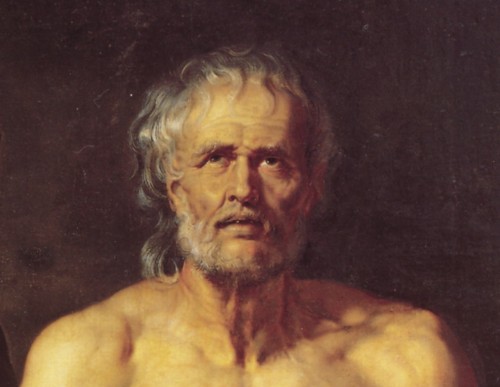Posted by Vale
Have you ever thought what it is to be a King or a Queen?
You are, usually, born to it: it is your life and your duty. Our own Queen clearly feels this keenly. As far as a commoner can tell, for her, the coronation oath confirmed what birth had bestowed: she became Queen for life, a vow as absolute as a nun’s.
Others, apparently, see it differently: Queen Beatrice and King Carlos have just unthroned themselves and nobody seemed to mind.
Who’s has the right of it? Our queen or the continentals? Who cares? It’s strange now to remember that, once upon a time people fought and died over just this question. Did kings rule by divine right? Could you dispose of a bad one without sin or was it really the worst of crimes – worse than murder or treason, an affront to the very order of the universe?
Suicide used to carry a similar stigma. It was both self-murder – a broken commandment – and a direct affront to god. Our lives aren’t our own. Choosing to end them is to fling the gift of life back in god’s face.
In this week of debate about assisted dying, I do wonder how much its opponents arguments are rooted in these old beliefs. The feeling in our bones that suicide, however rational the argument, is still taboo.
Of course assisted dying is more complicated. It raises different, difficult questions. At its simplest, it’s about the way that others become implicated in a personal choice, blurring the line between suicide and murder.
But we need to work these issues through because attitudes are already changing – starting with suicide itself.
I need to be careful here. I am not praising or promoting suicide. If you are a celebrant or funeral director you know only too well what suicide means – the agony of families ruptured by the loss; the disbelief; the unanswerable questions; the terrible feelings of failure regret; the anger.
But there are occasions when it is not like that.
I took a service recently for someone who had lived a very full life. She was clever, accomplished and active.
She had known hardships and grief – her husband was dead and, many years before, her daughter had died. She had faced both losses with courage and great resource.
Without family now, she was connected to a wide network of good, loving, friends. She was involved, loved to to learn new things, enjoyed writing and painting.
Then Parkinsons was diagnosed and, as it progressed, she realised that her life was dwindling. It was becoming more about staying alive than about living so, well before she needed to, she made her arrangements and killed herself.
The service we planned was full of the thoughts and poems she had left us. The crematorium was filled to overflowing with all her friends. There was sadness and a deep sense of loss but there was respect too for her decision and her determination. We sympathised with her. I suspect that many of us were thinking about our own old age, wondering if we would be as brave as she had been.
Is helplessness and incapacity a universal fear these days? Is it feared now more than death itself?
There was no horror, though, or despair; just reflection and a determination to honour and celebrate our friend’s life. We wanted to do justice to her courage.
Too many things have changed now for lawmakers to avoid the hard questions. As we age we know what awaits us. We know that medicine now has powers to both save and destroy us.
People are already making their own choices, beginning to join that old stoic Seneca saying:
‘The ship that I sail in, I choose; the house that I live in, I choose; so will I choose the death by which I leave life.’
We need to support people in their choice. We will need support ourselves when the choice comes to us.



The irony is that with assisted dying this lady could have lived a little longer.